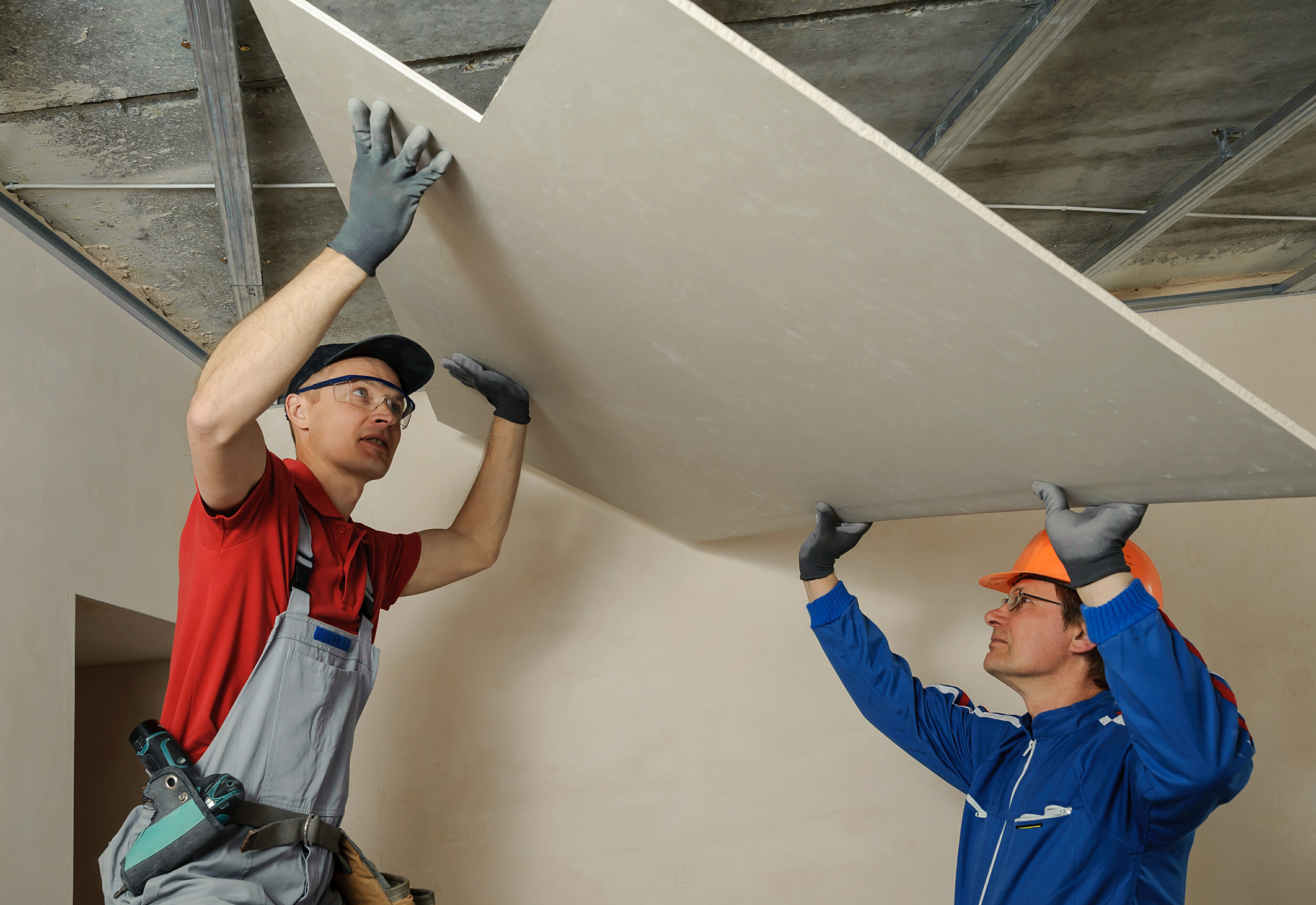The cost of drywall is an essential consideration for anyone undertaking a construction or renovation project. Whether you are a homeowner looking to finish your basement, a contractor working on a new build, or a DIY enthusiast sprucing up your space, understanding the expenses associated with drywall installation can help you budget accordingly. This article will explore the various factors influencing the cost of drywall, including materials, labor, and regional differences, providing you with the information you need to make informed decisions.
When considering the cost of drywall, it’s crucial to understand that it is not just the price of the sheets themselves. Various elements can affect the total cost, such as the type of drywall chosen, additional materials needed for installation, and the complexity of the project. By breaking down these components, you can gain a clearer picture of the overall expenditure and plan your budget wisely.
Additionally, local market conditions can significantly influence the cost of drywall. Prices can vary greatly depending on the region, availability of materials, and labor rates. Understanding these regional variances can help you avoid any surprises when it comes time to finalize your budget for drywall installation. Let's dive deeper into the factors affecting drywall costs and how you can estimate your expenses accurately.
What Factors Influence the Cost of Drywall?
When estimating the cost of drywall, several factors come into play, including:
- Type of drywall
- Size and thickness of sheets
- Labor costs
- Finishing options
- Regional pricing variations
What Types of Drywall Are Available and How Do They Affect Costs?
The type of drywall selected can significantly impact the overall cost. Here are some common types:
- Standard Drywall: The most commonly used type, typically costs around $10 to $15 per sheet.
- Moisture-Resistant Drywall: Ideal for areas with high humidity, like bathrooms and kitchens, costing approximately $15 to $20 per sheet.
- Fire-Resistant Drywall: Used in garages and near furnaces, costs around $15 to $25 per sheet.
- Soundproof Drywall: Perfect for reducing noise transfer, this type can cost anywhere from $40 to $70 per sheet.
How Do Labor Costs Impact the Overall Cost of Drywall?
Labor costs can vary widely based on location and the complexity of the installation. Factors to consider include:
- Hourly rates for skilled laborers
- Experience level of the contractors
- Time required for installation and finishing
On average, labor costs can range from $30 to $70 per hour, depending on these factors. It is advisable to obtain multiple quotes to ensure you get the best deal.
Can You Save on Costs by Installing Drywall Yourself?
Many homeowners consider DIY drywall installation to save on labor costs. However, it is essential to weigh the pros and cons:
- Pros: Significant savings on labor, greater control over the project.
- Cons: Time-consuming, requires skills and tools, potential for mistakes that can increase costs later on.
If you decide to go the DIY route, be sure to invest in the right tools and take the time to learn proper techniques to avoid costly errors.
What Are the Average Costs for Different Drywall Projects?
The cost of drywall can vary significantly depending on the scope of the project. Here are some average costs for common drywall projects:
- New Construction: Expect to pay between $1.50 to $3.00 per square foot.
- Finishing a Basement: Average costs range from $1,500 to $3,000, depending on the size and complexity.
- Repairing Damaged Drywall: Costs can be between $50 to $100 per sheet, depending on the extent of the damage.
How Do Finishing Options Affect the Cost of Drywall?
Finishing options can also add to the total cost of your drywall project. Common finishing options may include:
- Texturing
- Painting
- Wallpapering
Each of these options can add anywhere from $0.50 to $3.00 per square foot, depending on the materials and labor involved.
Are There Regional Variances in the Cost of Drywall?
Yes, the cost of drywall can vary significantly based on geographic location. Factors influencing these variances include:
- Local demand for construction services
- Availability of materials
- Regional labor rates
For instance, urban areas may have higher costs due to increased demand and higher living costs, while rural areas may offer more competitive pricing.
How Can You Calculate Your Total Cost of Drywall?
To calculate the total cost of your drywall project, follow these steps:
- Measure the total square footage of the area to be covered.
- Determine the type of drywall you will use and its cost per sheet.
- Factor in labor costs based on local rates.
- Add in any additional costs for finishing options.
By following these steps, you can arrive at a comprehensive estimate of the total cost of drywall for your project.
Conclusion: What Should You Consider When Planning for the Cost of Drywall?
In conclusion, the cost of drywall can vary significantly based on various factors, including the type of drywall, labor costs, and regional pricing. By understanding these components and conducting thorough research, you can make informed decisions that align with your budget and project goals. Whether you choose to hire professionals or take on the project yourself, having a clear understanding of the costs involved will ensure a smoother and more successful drywall installation process.
Article Recommendations
- Vegamoviestoo The Ultimate Movie Streaming Destination
- The Ultimate Guide To Leslie Easterbrook A Hollywood Icon
- Jules Ari The Ultimate Guide To Her Music Career And Legacy


